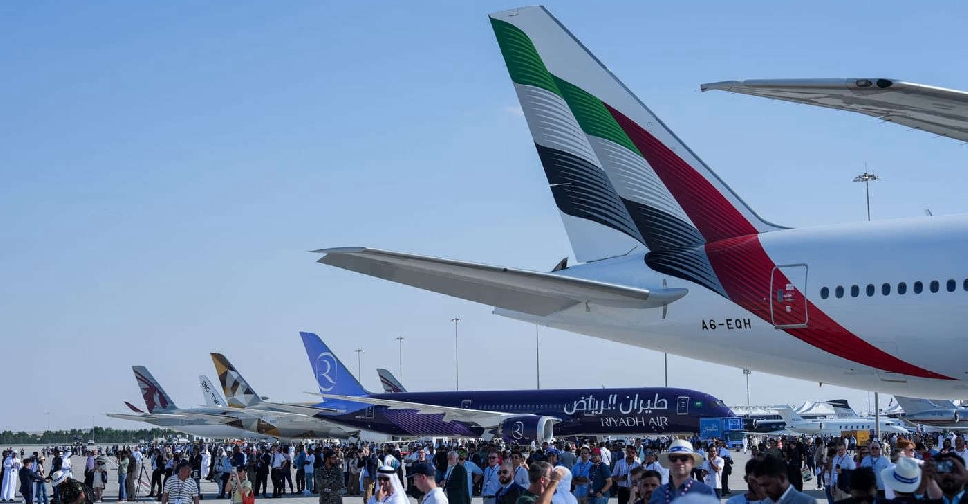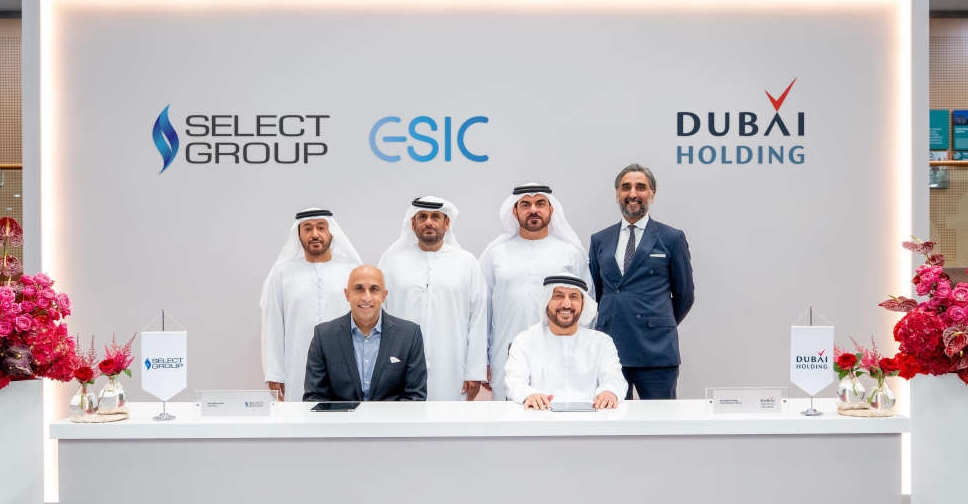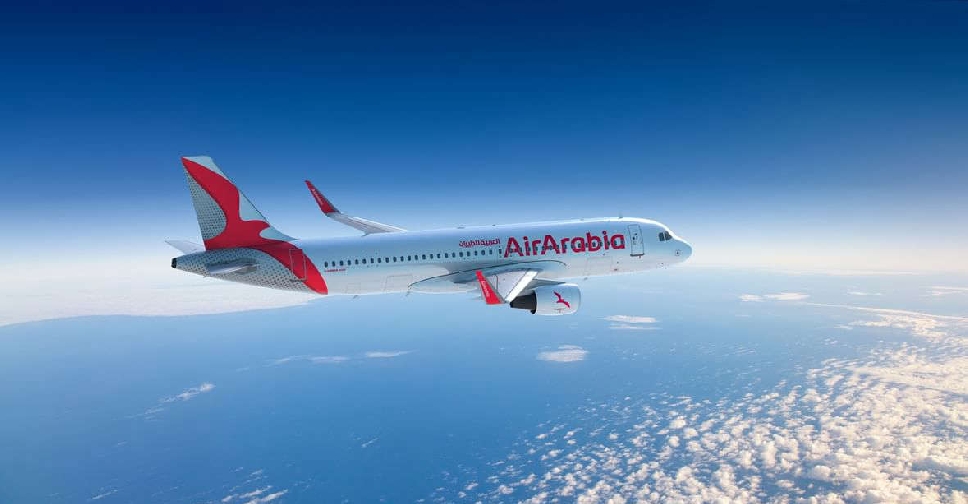
Self-driving cars born at Google are getting better at commanding the wheel. Vehicles tested in California by Waymo, the autonomous car company owned Google parent Alphabet Inc., had a much lower rate of "disengagements" last year, compared with 2015. Disengagements happen when a human tester needs to take control of a self-driving car, either to avoid an accident or respond to technical problems. Waymo Chief Executive Officer John Krafcik shared the data during a speech on Sunday at the North American International Auto Show in Detroit. California requires companies with permits to test autonomous vehicles to disclose the metric. The figure is one measure of the effectiveness of the nascent technology in the real world. In 2015, Alphabet reported 341 disengagements during 424,331 autonomous miles driven in California. That was 0.8 disengagements per thousand miles. In 2016, the rate improved to 0.2, according to Krafcik. "As our software and hardware becomes more robust through our testing, we’re driving this number down further," he said during a keynote address in Detroit. Krafcik also highlighted advances in Waymo’s sensor technology. Krafcik and Alphabet have have stressed the safety of its driverless technology in appeals to regulators and industry partners in recent years. Google began testing its vehicles in 2009. Several rivals have emerged since then. Five of the six other companies with California permits in 2015 reported worse disengagement rates than Alphabet. Volkswagen AG came closest to Alphabet, with a rate of 17.4 disengagements per thousand miles. Tesla Motors Inc., the seventh licensed company, didn’t report the figures. (Mark Bergen/Bloomberg)


 Dubai Airshow unveils main agenda with night events, runway networking
Dubai Airshow unveils main agenda with night events, runway networking
 Trump escalates feud with Musk, threatens Tesla, SpaceX support
Trump escalates feud with Musk, threatens Tesla, SpaceX support
 Dubai Holding, Select Group to collaborate on two new developments
Dubai Holding, Select Group to collaborate on two new developments
 Air Arabia to resume Sharjah–Damascus flights
Air Arabia to resume Sharjah–Damascus flights



